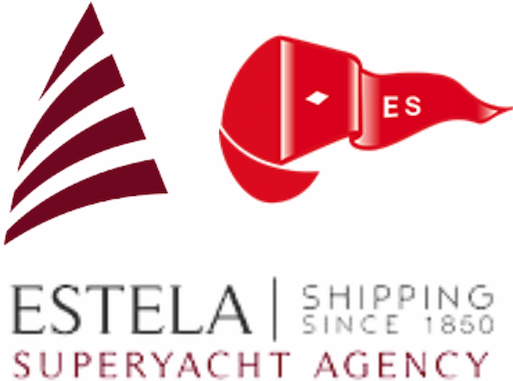
Further to last month’s notice about customs inspections in Palma, one of our clients reports being stopped recently and inspected by French customs officials upon arrival from another EU country.
Of course, the requirement for cash and goods declarations for movements into, and out of, the EU is widely known. However, you may be surprised to learn that even within the EU, some countries require travellers, upon arrival and departure, to declare cash amounting to over €10,000 per person, including gold coins and bullion, bearer securities, pre-paid cards, cheques and bonds.
The anti-money-laundering legislation applies to individuals and groups, irrespective of nationality, travelling by land, sea or air. EU member countries have differing rules and regulations in place, so it is advisable to consult a local agent to advise on applicable laws.
Here are the facts:
- If any person is travelling with more than €10,000, a declaration must be made, irrespective of ownership.
- Generally, one declaration can be made on behalf of couples or groups, listing the total amount and details of all individuals involved. The declaration should specify how much cash belongs to each person, if it’s not equally split.
Note that the rules are designed to prevent individuals from avoiding declarations by splitting excess cash among group members. The focus is on the physical movement of cash and cash assets, rather than legal ownership or financial arrangements. Couples with separate financial arrangements are not exempt from group declarations in this context.
To avoid any difficulties, it is prudent to keep cash below the €10,000 limit for everyone on board. However, should any individual be holding a greater amount, they are advised to make a declaration when travelling from one country to another.
“What if I haven’t declared?”
Sanctions vary, though penalties can be severe. In Spain, the standard fine for an administrative breach is between €600 euros and 50% of the undeclared amount.
In more serious cases, the fine can be up to 100% of all undeclared cash and authorities may seize undeclared cash temporarily or permanently. Criminal charges may be filed on suspicion of money laundering or other criminal activities.
Fines may be higher if there’s evidence of intent to evade declaration, repeated offences, or use of concealment methods. The incident may be recorded by the authorities, potentially hampering future travel or financial transactions.
Spain’s customs officials have some discretion in how penalties are applied, considering factors like the amount over the limit and perceived intent.
How to make cash declarations
While the chances of being apprehended are low, our advice is to always err on the side of caution and declare, to avoid potentially serious consequences.
At ESTELA, we regularly submit cash declarations on behalf of our clients and it is a relatively painless and hassle-free process. Once all the excess cash on board has been established and totted up, captains should notify us of the amount and we take care of the rest.
It is important to remember to submit a declaration at each border crossing, in and out. Please also remember that most European countries require declarations for movements within their borders of more than €100,000 in cash per person.
These laws are not new, but judging by our unfortunate captain’s recent experience, it is possible that such inspections could be the latest revenue-raising wheeze by overzealous authorities.
While our focus here is on Spain, it should be noted that in addition to France, Italy, Portugal, Greece, Belgium and The Netherlands all have similar intra-EU declaration rules in place. In Germany, where cash remains king, authorities may request information about the origin and intended use of large sums of cash.
For more information or assistance with declarations, contact ESTELA on +34 971 722 532 or email palma@estelashipping.net
